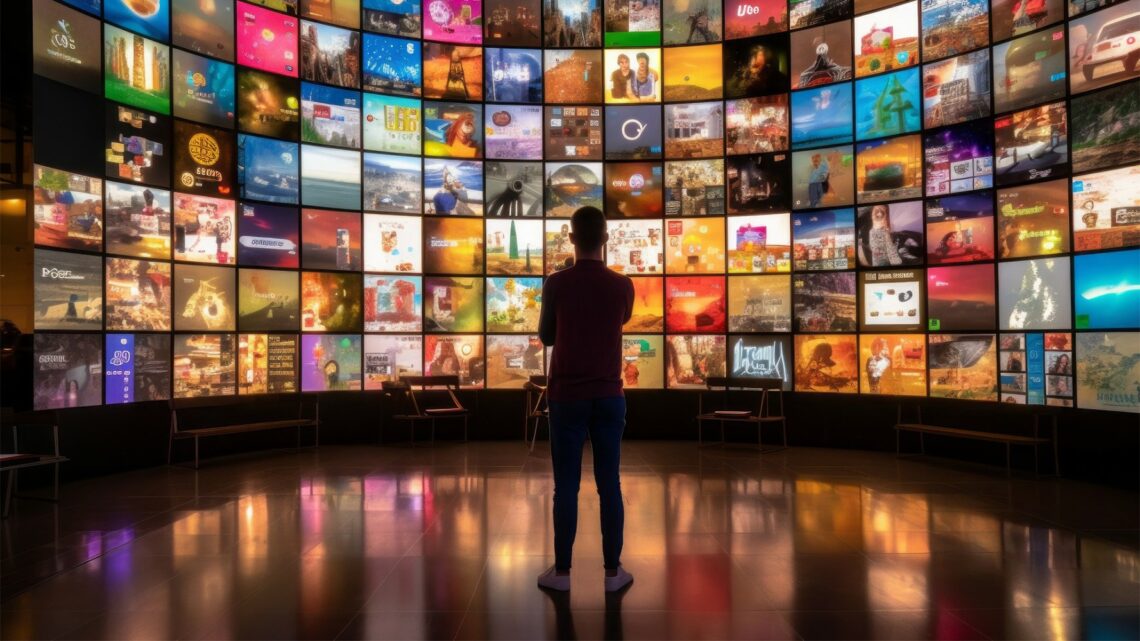Gender imbalance in unscripted TV: A deep dive into the persistent disparity
The study that sheds light on gender disparity
In a world where reality TV has become a staple of entertainment, a recent study conducted by Banijay Group, Everywoman Studios, and the Geena Davis Institute on Gender in Media has revealed a persistent gender imbalance among producers of unscripted TV programs. This comprehensive report focused on 360 reality TV shows that aired in the U.S., U.K., Brazil, and France between 2021 and 2023, uncovering a significant underrepresentation of women in key production roles.
The numbers tell a story
The study’s findings are stark: men dominate roles such as executive producers, creators, and showrunners, comprising 58.4% of these positions. This trend is consistent across all four countries examined. The disparity is most pronounced in the U.S., where 80.6% of reality TV creators are men, compared to just 16.1% women. This imbalance is not just a matter of numbers but also reflects deeper systemic issues within the industry.
Financial stability vs. creative returns
Interestingly, the study also found that the industry often views hiring men as a more financially stable choice. However, this perception is contradicted by data showing that work produced, written by, or starring women often yields higher returns on investment. This paradox highlights the need for a shift in industry attitudes and practices to recognize and harness the potential of women in production roles.
A glimmer of hope: Increasing female executive producers
Despite the overall gender imbalance, there is a silver lining. The percentage of women executive producers has increased by almost 10% across all four countries, from 36.6% in 2021 to 46% in 2023. This positive trend suggests that change is possible, but it also underscores the need for continued efforts to elevate women to leadership positions in the industry.
The call for systemic change
The study’s authors emphasize that for women to make a lasting impact on the industry, they need not only to be elevated to leadership roles but also to be given the resources to reimagine and redesign the space. This includes creating mentorship programs for women in mid-level production roles, prioritizing equity in salaries and opportunities, fostering a culture of communication, and offering paid leave to improve the gender gap.
Key findings at a glance
- The gender disparity among executive producers is most pronounced in France (64.6% men and 35.4% women), followed by the U.S. (62.5% men and 37.3% women).
- In Brazil, there are slightly more women executive producers than men (52.4% women and 47.6% men).
- Across all countries, 3 in 4 reality TV creators are men.
- Despite the gender imbalance among executive producers, there is near-perfect gender parity among supervising producers (50.9% men and 49.1% women).
Personal reflections: The road ahead
As someone who has closely followed the evolution of reality TV, these findings are both disheartening and hopeful. The persistent gender imbalance is a stark reminder of the work that still needs to be done. However, the increase in female executive producers and the near-parity among supervising producers offer a glimmer of hope. It is clear that the industry must continue to push for systemic change, ensuring that women are not only present but also empowered to lead and innovate.
Exploring the impact: A closer look at popular reality TV shows
To understand the real-world implications of these findings, let’s take a closer look at some popular reality TV shows and their production teams.
Survivor: This iconic reality show has been a staple of American television for over two decades. Despite its success, the production team has historically been male-dominated. Watch the trailer.
The Great British Bake Off: Known for its charming and inclusive atmosphere, this British show has seen a more balanced representation of men and women in its production team. Watch the trailer.
Big Brother Brazil: This show has been a cultural phenomenon in Brazil, with a production team that reflects a more balanced gender representation. Watch the trailer.
Koh-Lanta: The French version of Survivor, this show has faced similar gender imbalance issues in its production team. Watch the trailer.
Reflective closure: The journey towards equality
The journey towards gender equality in unscripted TV production is far from over. While progress has been made, the industry must continue to strive for a more inclusive and equitable environment. By recognizing the value that women bring to the table and providing them with the necessary resources and opportunities, the industry can pave the way for a more diverse and dynamic future. The road ahead may be challenging, but with concerted efforts and a commitment to change, a more balanced and inclusive reality TV landscape is within reach.

 Italian
Italian







